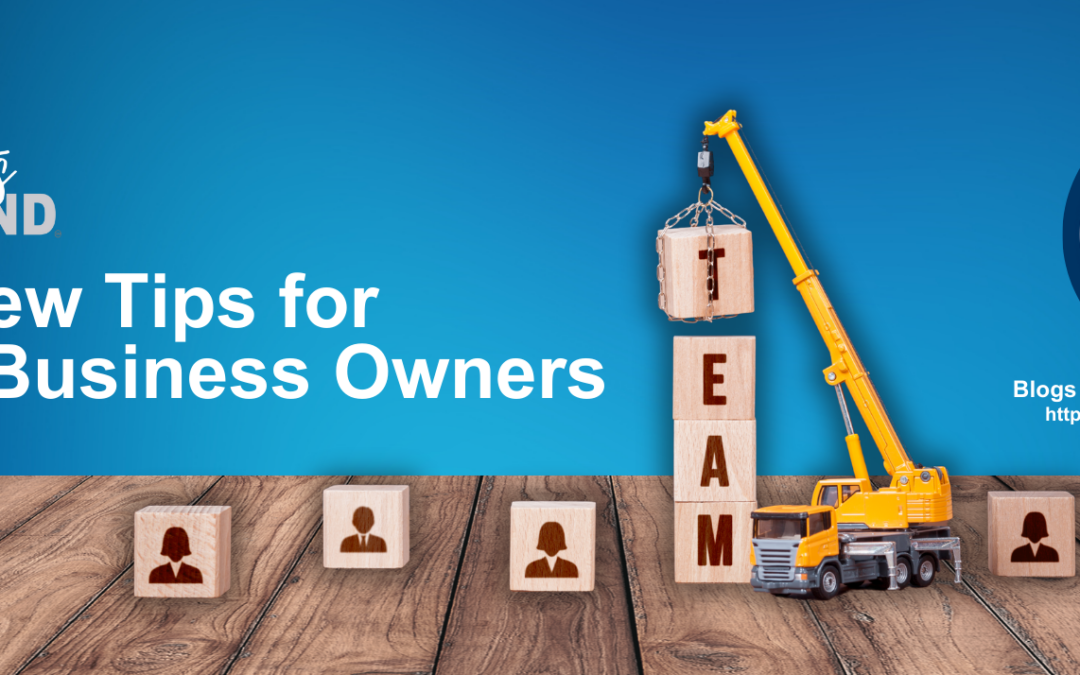Interviewing candidates is a crucial step in the hiring process for small business owners. Preparing in advance is essential; review the candidate’s paperwork, prepare a list of relevant questions, and understand the role’s requirements and the qualities you’re looking for in a candidate. Creating a comfortable environment is equally important, ensuring the interview setting is quiet and free from distractions, and making the candidate feel welcome and at ease.
Structuring the interview helps maintain consistency and fairness. Start with an introduction about your company and the role, then follow a consistent format for all candidates. Using a mix of question types, including behavioral, situational, and technical, will provide a comprehensive understanding of the candidate’s skills and experiences. Asking open-ended questions encourages candidates to elaborate on their experiences. For instance, you might ask, “Can you describe a challenging project you worked on?” or “How do you handle tight deadlines?”
Assessing cultural fit is another crucial aspect of the interview process. Ask questions that help determine if the candidate aligns with your company’s values and culture, such as “What type of work environment do you thrive in?” Taking notes during the interview is essential to document key points and impressions, which will help in making objective comparisons later.
Honesty and transparency are key. Provide accurate information about the role, expectations, and company culture, and discuss any challenges the company might be facing. Active listening is vital; pay close attention to the candidate’s responses, show interest, and ask follow-up questions to gain deeper insights. Giving the candidate a chance to ask questions can provide insight into their priorities and concerns, and it also helps them determine if the role is a good fit for them. Promptly following up with candidates to inform them about the next steps in the hiring process and providing feedback if possible is crucial for maintaining a positive impression of your company.
On the other hand, there are several pitfalls to avoid during the interview process. Avoid discrimination by not asking questions related to age, race, religion, gender, marital status, or other protected characteristics. Focus on the candidate’s abilities and qualifications. Don’t dominate the conversation; the interview should be about assessing the candidate’s suitability, not talking too much about yourself or the company. Avoid making snap judgments; give the candidate a fair chance to present themselves before forming an opinion, and avoid biases based on first impressions or superficial factors.
Leading questions should be avoided as well, as they suggest a particular answer. For example, don’t ask, “You’re okay with working late sometimes, right?” Discussing salary too early can be counterproductive; focus first on determining if the candidate is a good fit for the role and discuss salary and benefits towards the end of the interview process. Overpromising about the role, growth opportunities, or company prospects can lead to unrealistic expectations.
Ensure the interview is uninterrupted and give the candidate your full attention by turning off your phone and avoiding checking emails. Don’t rush the interview; allow sufficient time for the candidate to answer questions thoroughly. Ignoring red flags can lead to poor hiring decisions; pay attention to any inconsistencies or concerning behaviors and follow up on any doubts or uncertainties. Finally, don’t forget to follow up with candidates. Leaving them in the dark reflects poorly on your company, so ensure clear communication about the outcome and next steps.
By following these do’s and avoiding the don’ts, small business owners can conduct effective interviews and make informed hiring decisions.

